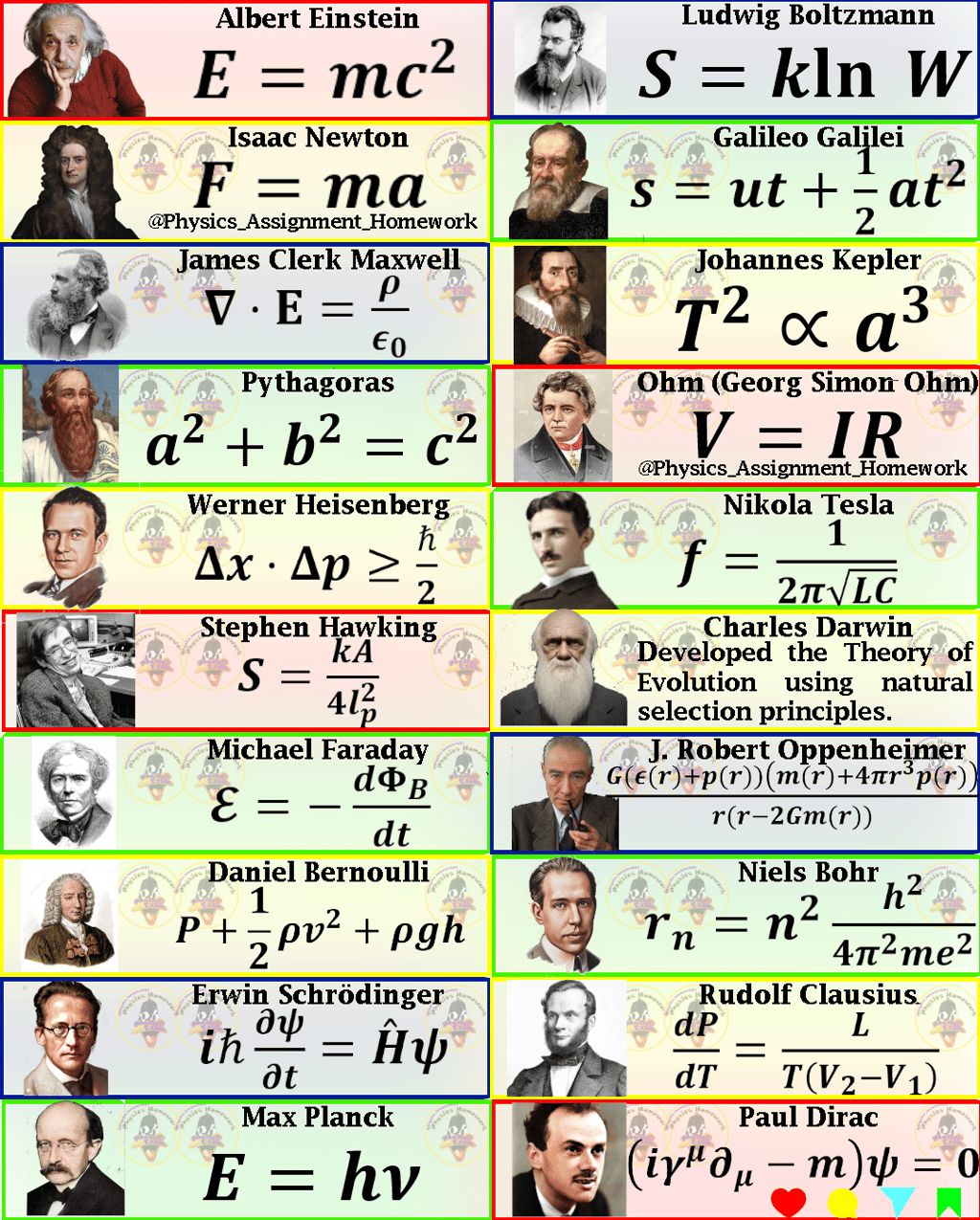The history of Science
Blog post description.
Siddharth Isai
3/10/20251 min read


The history of science is defined by the groundbreaking contributions of exceptional individuals who reshaped our understanding of nature and the universe. Isaac Newton and Albert Einstein laid the foundations for classical mechanics and relativity, explaining the forces governing motion and the relationship between energy and mass. James Clerk Maxwell revolutionized physics by unifying electricity and magnetism, while Rudolf Clausius introduced entropy, establishing the principles of thermodynamics. Werner Heisenberg and Erwin Schrödinger brought forth quantum mechanics, explaining the behavior of particles at atomic and subatomic levels. Scientists like Niels Bohr provided critical insights into atomic structure, while Max Planck and Ludwig Boltzmann bridged the microscopic world to macroscopic phenomena with quantum theory and statistical mechanics. Galileo Galilei and Johannes Kepler expanded humanity's grasp of celestial motion, laying the groundwork for modern astrophysics.
The 20th century saw a surge in scientific advancements that continue to impact our world. J. Robert Oppenheimer explored the limits of stellar stability and black hole formation, while Michael Faraday and Nikola Tesla revolutionized our understanding of electromagnetism and its practical applications. Daniel Bernoulli advanced fluid dynamics, and Georg Ohm’s work on electrical resistance remains a cornerstone of electronics. Dmitri Mendeleev’s organization of the periodic table provided a systematic way to understand chemical elements. Paul Dirac’s contributions merged quantum mechanics with relativity, shaping modern particle physics. Henri Poincaré’s work on chaos theory and dynamic systems revealed the complexities of nature.
Solutions
Expert assistance for your physics lab assignments.
Support
Help
© 2025. All rights reserved.
